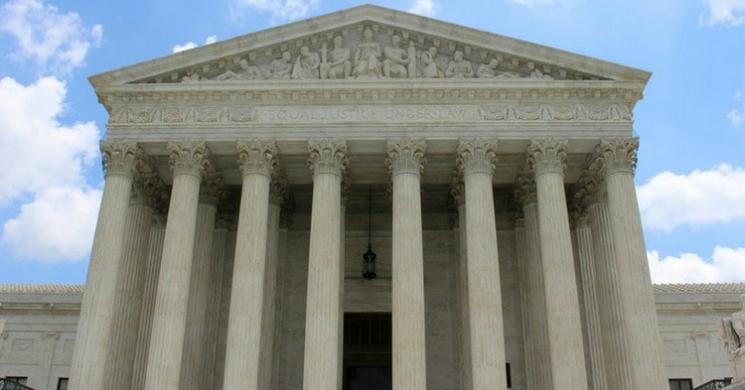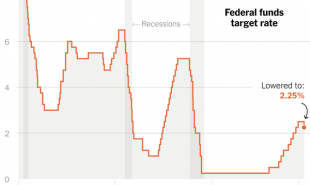
Supreme Court Pushes Back Against State Seizure Of Assets

In a case that will likely have implications for civil forfeiture laws across the United States, the Supreme Court has overturned a Colorado law that requires ex-convicts whose convictions were overturned to go back to court to regain the value of any assets seized by the state in relation to the case. Nelson v. Colorado involved two men who were convicted of sexual offenses and ordered to pay thousands of dollars in legal fees and restitution. Their convictions were overturned, but the Colorado supreme court sided with the state when they asked for a refund, citing the Exoneration Act, which would have required the two men to file a civil suit to regain their money.
SC Pushes Back Against State Seizure Of Assets
State laws like the Exoneration Act require those whose assets had been seized due to a conviction to prove their innocence in front of a judge. Colorado had made the argument that the presumption of innocence only applies in criminal cases and a lower standard of proof is required in civil cases. The U.S. Supreme Court rejected that argument in a 7-1 ruling, stating that the two men are “entitled to be presumed innocent. … Colorado may not presume a person, adjudged guilty of no crime, nonetheless guilty enough for monetary exactions.”
This could naturally be seen as a partial pushback against some states’ practice of civil forfeiture, in which property that is suspected of having been used for a crime can be seized even though its owner has not been convicted of a crime. If the state discovers that an illegal prostitution ring has been using a local hotel as part of its operation, for instance, the hotel can be seized even though the owner may have had no knowledge of the matter. There have been actual cases in which local police departments have discovered large amounts of cash in somebody’s car and seized it even though the owner was not participating in money laundering and may have had a legitimate reason to have a briefcase full of money on hand.
Nelson v. Colorado sets an important precedent in the sense that it pushes back against laws like Colorado’s Exoneration Act. However, it’s important to note that the burden of proof is still on the property owner in 30 states and at the federal level. The owners of the property in question naturally suffer from the lower standards of proof required for civil forfeiture and usually face the choice between giving up on the property and fighting a costly court battle to get it back.
Although this would be an obvious violation of the 14th Amendment, which establishes the “innocent until proven guilty” rule, lower courts have upheld civil forfeiture in numerous cases. In a dissenting opinion for a rejected case involving a 2004 Chevy that had been forfeited when the driver who wasn’t the owner had been arrested for drug possession, Texas Supreme Court Justice Don Willett wrote: “Criminals in our legal system enjoy a presumption of innocence, requiring government to prove their guilt beyond a reasonable doubt. But property owners are actually treated worse, presumed guilty and required to prove their innocence.”
Currently, 12 states require a criminal conviction before property can be forfeited. Utah takes this one step further by banning civil forfeiture in cases in which a conviction is overturned. New Hampshire and Ohio shifts the burden of proof onto the government, requiring that the state proves that the owner was knowingly complicit in criminal activity before his or her property can be forfeited.
ReasonTV shows a video on 3 reasons TRump is wrong to oppose the Civil Asset Forfeiture Reform:
Laws currently being considered by Congress to reform the practice of civil forfeiture in a way that protects the rights of property owners include Sen. Ron Paul’s FAIR Actand Rep. Jim Sensenbrenner’s DUE PROCESS Act. Of course, I don’t need to remind you to find out how you can contact your senator and contact your representative to express your opinion about these measures. Nelson v. Colorado is a good step in the right direction, but the fight against civil forfeiture is still ongoing and impacting the lives of numerous innocent property owners.
Read more by Soren K.Group







